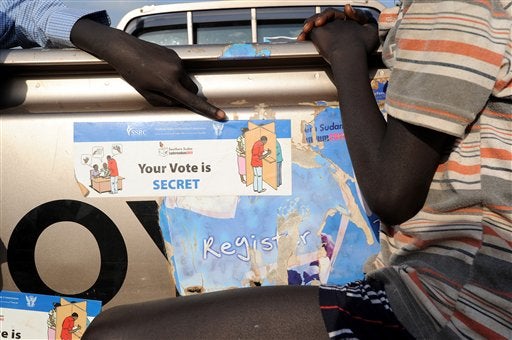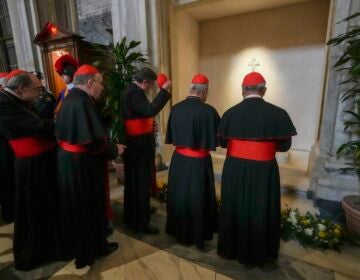Sudan’s referendum, & why the West should care
Listen

Hour 1
On Sunday, January 9, South Sudan’s referendum on self-determination could alter the present and future of this pivotal and oft-overlooked African nation. Occasional outbreaks of violence have competed with optimistic forecasts for the upcoming election. The nation’s Darfur region still holds almost 3 million displaced villagers subject to grievous depredation and injustice, after 300,000 people have died in the conflict there, for which President Omar Al-Bashir has been indicted on war crimes and genocide charges by the International Criminal Court. The January 9th referendum is the capstone to a 2005 peace deal that calmed the conflict between North and South Sudan, but renewed hostilities and fears of post-election violence have observers and Sudanese on edge. Joining us to discuss what’s at stake is the president-elect of the Sudan Studies Association, Penn State-Berks political historian RANDALL FEGLEY, author of the new book Beyond Khartoum: A History of Subnational Government in Sudan.
Listen:
[audio: 010411_100630.mp3]
WHYY is your source for fact-based, in-depth journalism and information. As a nonprofit organization, we rely on financial support from readers like you. Please give today.





